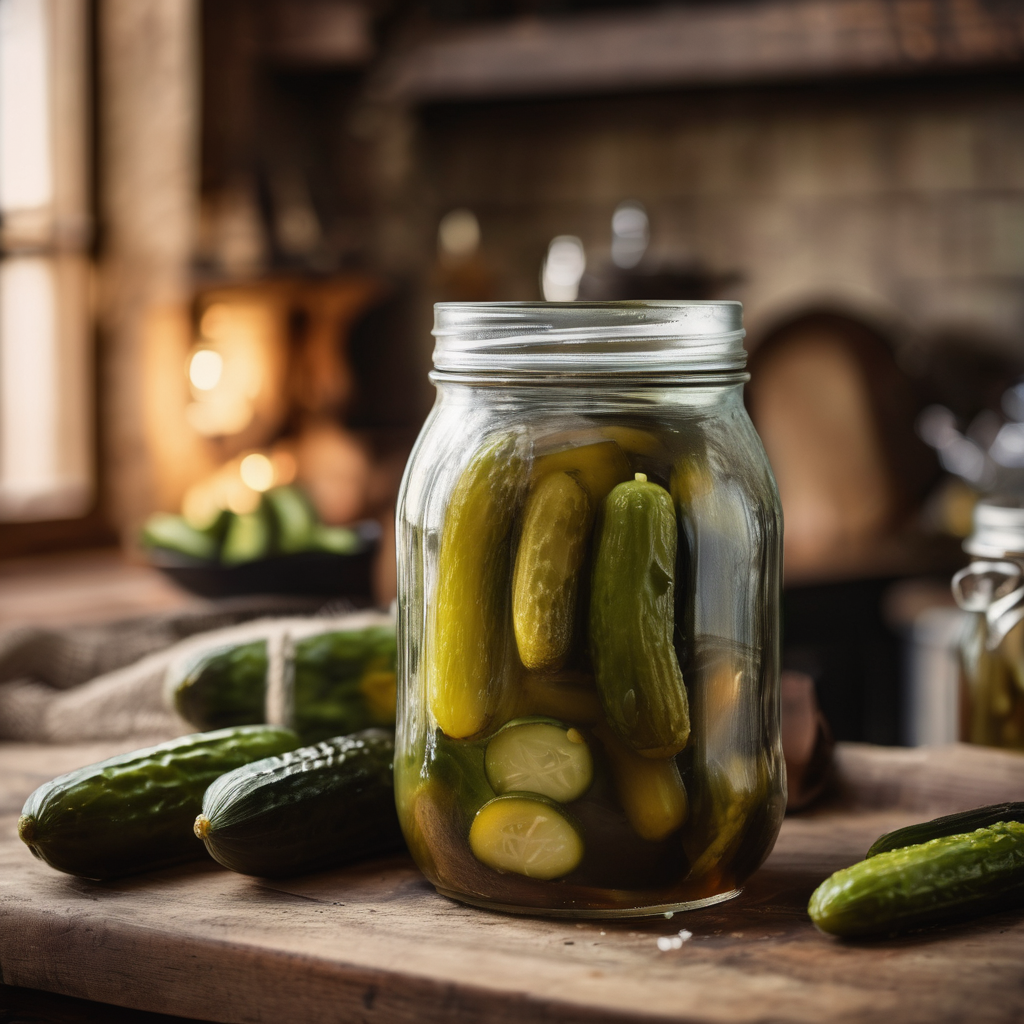National Pickle Day is celebrated every year on November 14, delighting pickle lovers across the globe. With various types of pickles available, including Dill, Gherkin, Cornichon, and distinctive concoctions like Kool-Aid Pickles, there is something for everyone to enjoy.
The history of pickles dates back thousands of years. Evidence shows that as early as 2030 B.C., cucumbers were imported from India to the Tigris Valley, where they were first preserved and consumed. By the 10th century, dill, an essential ingredient in many pickle brines, made its way to Western Europe from Sumatra.
Pickles were introduced to North America in 1492 and, by the mid-17th century, were popularized by Dutch settlers in New York. The significance of pickles soared during the 1940s when the U.S. government included them in rations for armed forces, producing 40% of the nation’s pickle supply.
In modern times, pickles continue to be a beloved snack, particularly in the United States, where more than 67% of households consume them, purchasing a new jar every 53 days. Americans eat an average of 9 pounds of pickles each year, equivalent to roughly 11 cucumbers per person. This love for pickles is mirrored in the growing trend of deep-fried pickles at fairs and festivals, offering a delectable twist on the classic snack.
Interestingly, the cultural significance of pickles extends beyond food. Historical figures like Cleopatra and Julius Caesar believed in their beneficial properties; Cleopatra credited her beauty to her diet rich in pickles, while Caesar supplied them to his soldiers for strength.
With 100,000 to 125,000 acres dedicated to growing pickling cucumbers across the U.S., states like Michigan and North Carolina are the largest producers. Fun local traditions also celebrate pickles, such as a town in Michigan claiming to be the Christmas Pickle Capital and hosting an annual pickle parade.
Pickles even have a linguistic connection, as the phrase “in a pickle” was introduced by Shakespeare in his play, The Tempest. In terms of culinary value, they provide a low-calorie snack that is high in vitamin K, although they can be salty.
As National Pickle Day approaches, it’s a perfect time to indulge in this crunchy, flavorful treat and celebrate its rich history and ongoing popularity in American culture.
